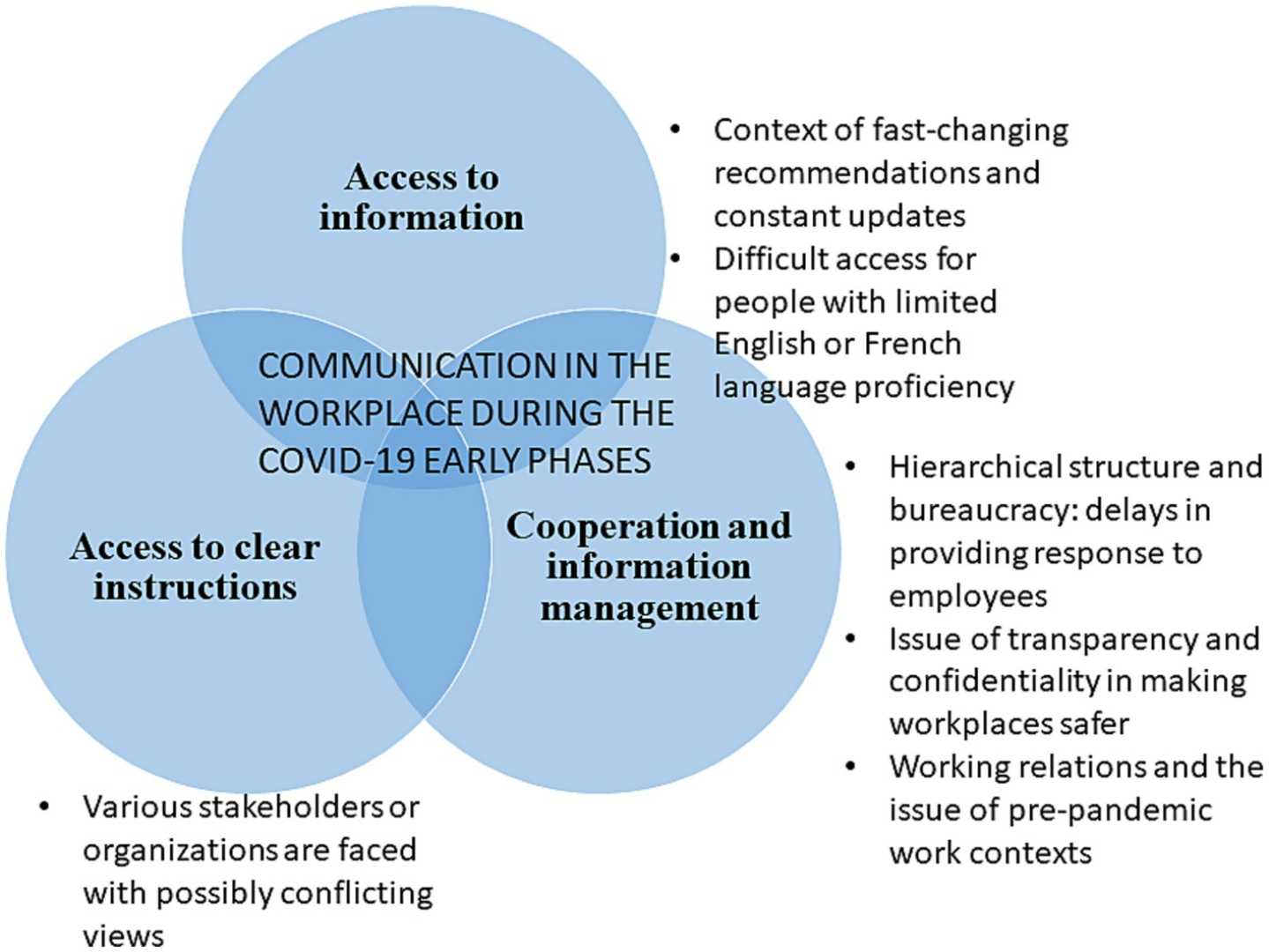Health
Long COVID in Quebec: A Growing Concern for Public Health

Sonia Landry, a 37-year-old resident of Carleton-sur-Mer, has been living with long COVID for two years and is increasingly frustrated by the lack of recognition and support from public health authorities in Quebec. In a candid interview, she highlighted the ongoing challenges that she and other sufferers face as they feel neglected by the public health system.
Ms. Landry, a former journalist, has been forced into early retirement due to her debilitating condition. She is currently navigating the administrative hurdles to secure a disability pension from the Régie des rentes and Pension Canada. Describing her daily struggles, she mentioned severe cognitive and physical limitations that disrupt her routine, including the need for frequent 45-minute naps and an inability to perform simple tasks like driving or going for a walk.
Long COVID, a condition recognized globally, appears to be underappreciated by some medical professionals in Quebec. “There are still nurses, doctors, and citizens who question its existence,” Ms. Landry expressed. Her frustration is echoed by others who feel that their experiences and symptoms are not taken seriously.
Paxlovid, a medication used to alleviate COVID-19 symptoms, is available to those over 60 and immunocompromised individuals, but not to long COVID patients. “We have seen our lives turned upside down by COVID,” Landry argues, advocating for equivalent treatment for long COVID sufferers.
A recent development that gives Ms. Landry some hope is a support initiative launched by a fellow long COVID patient. This organization aims to provide hotline support, home assistance, and credible information to sufferers, helping to bridge the gap left by official health services.
The good news is that Quebec has established a reference center for long COVID in Quebec City and four satellite clinics, including one in Bas-Saint-Laurent serving the Gaspésie and Îles-de-la-Madeleine regions.
The province continues to battle COVID-19, with about 50% of reported cases attributed to the K.P. 3.1.1 variant, resulting in 48 deaths in the last week of September, according to the INSPQ. Many like Ms. Landry seek more substantial government support to tackle the long-term impacts of the disease.
Despite her hardships, Ms. Landry feels fortunate to be under the care of Dr. Alain Piché in Sherbrooke, acknowledging the challenges faced by many on lengthy waitlists for treatment. She also addresses the negativity and judgment received via social media and emphasizes the need for increased awareness and recognition from both the government and the healthcare system.












